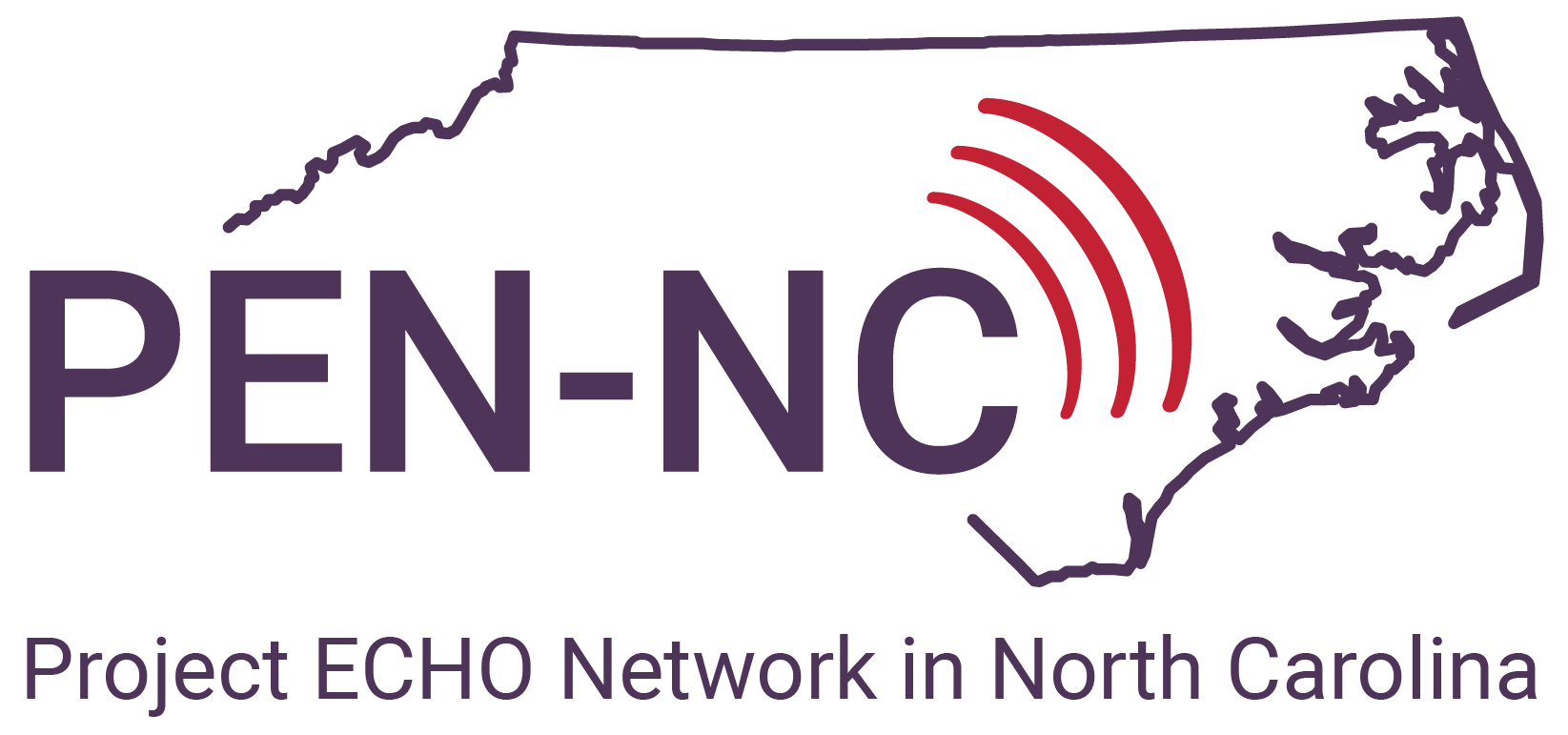Resource Center
Learn more about ECHO™ projects, how you can start your own, and more in PEN-NC’s resource center.
The ECHO Model
Coming Soon!
A new and improved Resource Center is under construction, featuring tools, templates, videos, articles, and more to help people better plan, implement, evaluate, and sustain their ECHO programs.
The Project Echo Network in North Carolina (PEN-NC) is a partnership between the Foundation for Health Leadership & Innovation (FHLI) and the North Carolina Area Health Education Centers (NC AHEC), with funding and support from The Duke Endowment, based on the Project ECHO model developed out of the University of New Mexico.
Contact us for PEN-NC Support: penncinfo@foundationhli.org
© 2023 Project Echo Network in North Carolina



